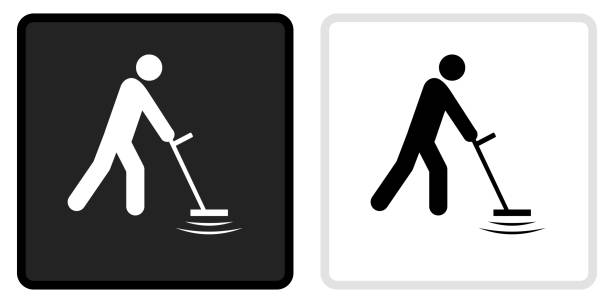America is a mosaic of special interest groups. Dysfunctional examples are political parties. Coffee klatches and bowling leagues serve as benign instances of voluntary associations. Hobbyists congregate around pastimes such as stamp collecting, photography, and scrapbooking.
Then there are detectorists who diligently scan patches of ground with mechanisms designed to signal the presence of metallic treasures. Like golfers and rock climbers, detecting is all about the equipment, and the jargon. Detectorists have their own television shows and monthly magazines, including one periodical with the descriptive title “American Digger.” In May 2021, The New York Times ran a multi-column article about detectorists featuring a group on Nantucket Island named “Ring Finders” with members available for hire to search for lost jewelry. I myself have jumped onto the detectorist bandwagon. A good friend and fellow veteran introduced me to the questing sport a few weeks ago and, after a trip to a regional store to purchase a kit, I’m about to go exploring.
Bottom line: detecting is a rapidly growing activity with its own unique set of equipment, techniques, and vocabulary.
Which is where this esoteric hobby overlaps with writing.
How does slow-walking a patch of ground, swinging an electronic tool that one newspaper described as looking like a skillet on a pole, relate to the writing craft?
What is writing if not searching? Going over familiar and unfamiliar ground in search of plotlines, character motives, settings, and words to connect those found objects to readers? Consider a few detecting terms which speak to the writer’s quest.
“Discrimination” in the language of the detectorist means calibrating a metal detector to eliminate certain metals and focus on other treasures. Urban and rural settings are literally littered with boatloads of trash: discarded beer cans and their ubiquitous pop-tops; tinfoil gum wrappers; and screws and nails of every shape and size. When a metal detector recognizes a target, it emits an audible tone. An uncalibrated metal detector will have the detectorists on their knees digging for and unearthing junk. A well-tuned machine may not ping as often, but when it does, the digger’s find is likely to be worth keeping.
A writer can employ a variety of devices to tune the search for ideas: an outline, 3×5 cards, stream-of-consciousness typing, a diagramed story arc. Such devices, finely tuned, can aid the quest for that dynamite plot, that sparkling character, that golden story.

